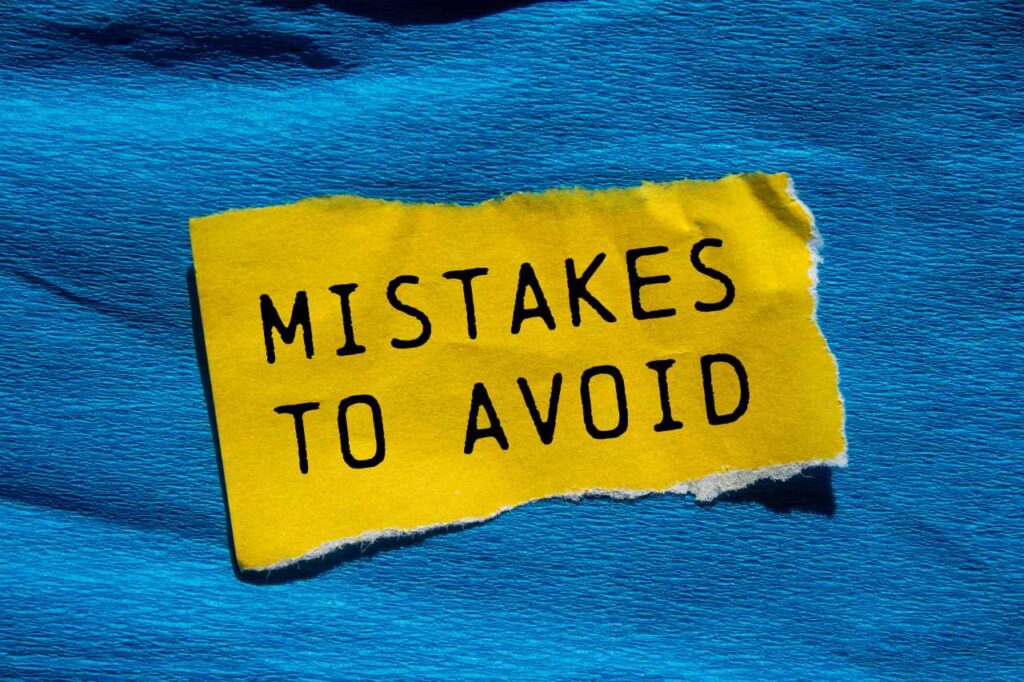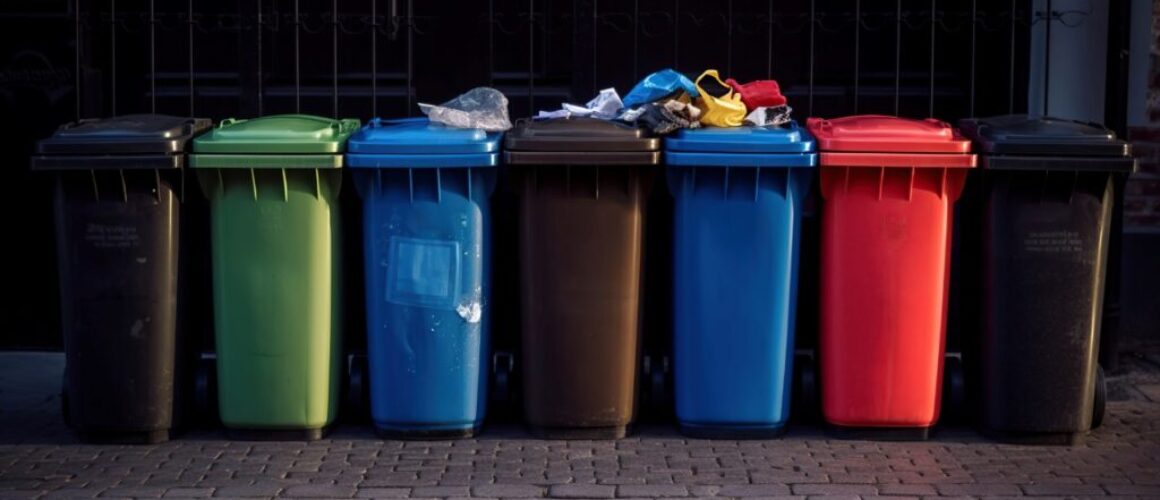How to Safely Dispose of Fireworks
The party’s over, the sky’s gone dark, and you’re left with a pile of spent fireworks littering your garden. Or perhaps you’ve discovered an old stash in the shed that’s well past its prime. Whatever your situation, knowing how to properly dispose of fireworks—whether used or unused—isn’t just good housekeeping, it’s a safety essential. Improper disposal can lead to unexpected fires, injuries, or environmental damage. Let’s sort through the right ways to clear up after the celebration.
General Fireworks Disposal Guidelines
Before diving into specific methods, there are some universal principles that apply to all firework disposal scenarios. These basics will keep you and your neighbourhood safe during cleanup.
Safety First – Precautions Before Disposal
Start by giving used fireworks plenty of time to cool down completely. What might seem harmless could still harbour hot embers capable of igniting when moved. Wait at least 20 minutes after a display ends before approaching spent fireworks.
Always wear gloves when handling firework debris. This protects your hands from potentially sharp edges and any chemical residues that might remain. If you’ve been using bright flares and colorful smoke effects, these can leave particularly stubborn residues that you’ll want to avoid direct contact with.
Keep a bucket of water nearby during cleanup—not just for soaking the fireworks (which we’ll get to shortly), but as a safety precaution should anything unexpectedly reignite. Working in daylight is also preferable; stumbling around in the dark trying to collect firework remnants is asking for trouble.
How to Dispose of Used Fireworks
For fireworks that have been fully discharged, the disposal process is relatively straightforward. Begin by thoroughly soaking all used fireworks in a bucket of water for at least 15 minutes. This ensures any remaining embers or chemical compounds are completely dampened. For larger items, you might need a few hours of soaking—better safe than sorry.
After soaking, wrap the wet fireworks in plastic wrap or place them in a plastic bag to keep them damp. This prevents them from drying out and potentially becoming a fire hazard again. Only then should you place them in your regular household waste bin.
Remember that different local authorities might have specific guidelines about firework disposal. Some areas provide special collection services after major holidays like Bonfire Night or New Year’s Eve. Taking a few minutes to check your council’s website can save hassle down the line.
How to Dispose of Unused or Old Fireworks
Dealing with fireworks that haven’t been set off requires more caution than handling spent ones. These still contain their full explosive potential.
Why Unused Fireworks Require Special Handling
Unused fireworks contain active chemical compounds specifically designed to burn rapidly and create explosive reactions. Even older fireworks that might seem “past it” can retain significant explosive power—sometimes becoming even more unstable with age and improper storage.
The primary concern with unused fireworks isn’t just fire risk; it’s the unpredictable nature of degraded pyrotechnic materials. As fireworks age, their components can separate, crystallize, or become sensitive to shock, friction, or even minor temperature changes. This makes them potentially more dangerous than fresh stock.
Can You Throw Away Unused Fireworks?
In short: no, you shouldn’t simply bin unused fireworks. Most local waste management services prohibit explosive materials in regular household waste, and doing so could result in fines or create hazards for waste workers.
Fireworks contain chemical compounds that qualify as hazardous waste in many jurisdictions. These require specific disposal methods to prevent environmental contamination and safety risks.
Safe Disposal Methods for Unused Fireworks
Your best option for unused fireworks is to contact your local fire department’s non-emergency line. Many fire services offer disposal programs or can direct you to appropriate facilities. Some might even collect the items from your home if transportation presents additional risks.
Police stations sometimes accept unused fireworks for proper disposal as well. Again, call ahead rather than just showing up with a box of explosives.
As a last resort, you might be able to soak small consumer fireworks in water for 48 hours before disposal, but this isn’t suitable for larger items or professional-grade pyrotechnics. Those always require professional handling.
Eco-Friendly Fireworks Disposal Tips
Beyond safety concerns, there’s also the environmental impact to consider when disposing of fireworks.
Environmental Impact of Fireworks
Fireworks contain various metals that produce their vibrant colours—strontium for red, copper for blue, barium for green, etc. While beautiful in the night sky, these compounds can contaminate soil and waterways if improperly discarded.
The paper, cardboard, and plastic components also contribute to waste problems. When soaked in water, these materials often can’t be recycled and must go to landfill, adding to our waste footprint.
Sustainable Fireworks Disposal Alternatives
Consider separating components where possible. Unsoaked cardboard from packaging (not the actual tubes that contained explosive materials) can sometimes be recycled.
Some municipal hazardous waste collection events accept firework debris alongside paint, batteries, and other items requiring special disposal. These events ensure materials are processed in environmentally appropriate ways.
Planning ahead can also reduce waste. Buying only what you’ll actually use prevents the need for disposal altogether—something worth remembering before your next celebration.
Common Mistakes to Avoid

Even with the best intentions, there are several disposal errors that people frequently make.
Throwing Fireworks in Regular Trash Without Soaking
This happens all too often after celebrations. Spent fireworks might seem harmless, but without proper soaking, they can retain enough heat or chemical potential to ignite other rubbish, especially paper and packaging materials common in household waste.
The risk isn’t just theoretical—waste collection vehicles have specific compaction mechanisms that can create pressure and friction, potentially igniting improperly disposed pyrotechnics.
Burning Fireworks to Dispose of Them
It might seem logical—fireworks burn anyway, so why not just set fire to unwanted ones? This approach is extremely dangerous. Controlled burning is fundamentally different from disposal burning.
Fireworks are designed to burn in specific ways, under specific conditions. Attempting to burn them as a disposal method can lead to unexpected explosions, rapid spread of fire, and serious injuries.
Storing Old Fireworks for Too Long
“I’ll use them next year” often turns into forgotten boxes gathering dust in garages and sheds. Over time, fireworks can deteriorate in ways that make them unpredictable and potentially more dangerous.
Temperature fluctuations, humidity, and even tiny amounts of water exposure can alter chemical compositions. If you discover fireworks that have been stored for years, they should be treated as higher-risk items requiring professional disposal.
Final Thoughts
If you’re planning your next celebration, consider the full lifecycle of your pyrotechnics, from purchase to disposal. Buying quality products from reputable suppliers means you’re more likely to get complete, predictable combustion, leaving less active residue to worry about.
Need advice on selecting fireworks that are both spectacular and easier to clean up afterward? Our team is always happy to help you choose the right products for your event while keeping safety and environmental considerations in mind. Get in touch today, and let’s make your next celebration both dazzling and responsible.


